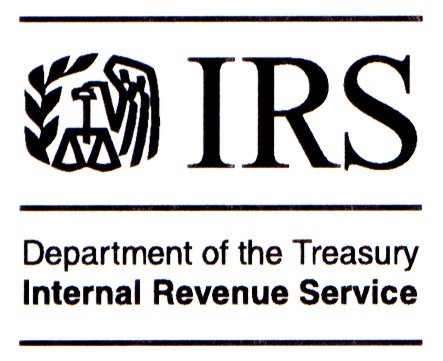While its legal to give someone a form for a trust or will to fill out, its illegal for a non-lawyer to help them complete the form or fill it out for them. Gerry Beyer of the WIlls, Trust & Estate Prof Blog brought my attention to this issue. Many software manufactures, firearms manufactures, gun stores, and individuals do not understand that the act of helping someone create legal documents without a license to practice law is the Unauthorized Practice of Law (UPL) and a crime in every state. The reason these actions are prohibited by state law is that individuals without the proper legal knowledge and background tend to give wrong, inaccurate, and misleading advise to others who can be harmed by the misinformation.
Take for example the Silencer manufacture in the Midwest, who use to post a free trust for their clients. While a lawyer could have taken that trust and completed it correctly, it was missing some very important language which made the trust invalid in almost every state. The ATF was approving these trusts for a while, but as these individuals have been going back to make new purchases, they are being told that their trust is not valid.
Likewise, there are many examples of Quicken trusts that are posted on the INTERNET. Besides being inappropriate for NFA firearms, which a non-lawyer would not understand, many are not valid in other states. We have seen many people trying to use an Arizona trust in Florida. The problem is Florida has different requirements for a valid trust than Arizona and while if the trust was created in Arizona it might be valid, if it is created in Florida it will not comply with the Florida Trust Code. We see these issues all over the country and this is why we work with more than 100 lawyers in over 40 states to help individuals and their families prepare valid trusts that deal with the unique issues of NFA firearms ownership, transfer, possession, and use.
 NFA Gun Trust Lawyer Blog
NFA Gun Trust Lawyer Blog


